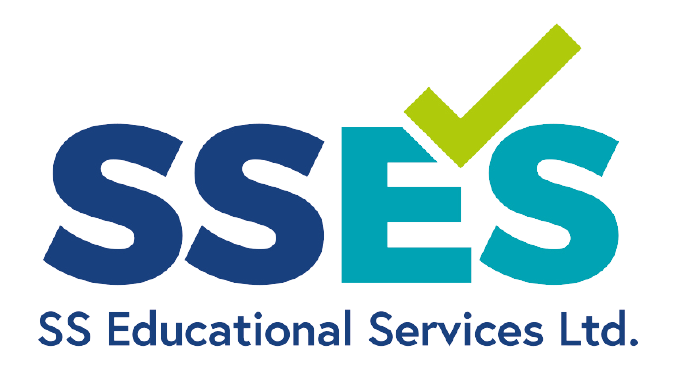Friday, 3rd December, was International Day of Persons with Disabilities organised by the United Nations. As a business that works with the future carers of early years, children and young people, the one statistic that we wanted to share is ‘One in every 5 women is likely to experience disability at one point in her life, while one in every ten children lives with a disability.’ These are quite eye-opening statistics and emphasises the importance of the role of the early years, children and young people workforce.
Some children will arrive at a setting, school, therapist, with a known diagnosis. As with all children, the parents/carers are the first people the team should be speaking to – they are the child’s strongest advocate and sometimes have more information than can be sourced through the professionals. This is usually the case if the child has a rare disorder and the parents/carers have had to hunt the world for information on how best to support their child. If little is known, the team should speak to the professionals working with the child. Collecting as much information as possible ensures that the child, the other children at the setting and the adult team, are all prepared to support the child and ensure that the environment is inclusive and offers the child the same opportunities his peers have.
Sometimes the practitioner can be the first person to have concerns about the child and this role is a leading role, speaking with the parents/carers, signposting them to the relevant departments that will be able to offer support and advice, whether that be practical or financial. During this process the observations and reports the practitioner writes may be used as evidence and need to be written giving an accurate assessment of the child’s ability.
Looking at the setting itself, is it accessible for either employees or parents/carers with disabilities?
We support the workforce that is developing our next generation, and with the apprenticeship standards that SSES End Point Assess, we are ensuring that they have the knowledge, skills and behaviours needed to be the best advocates for children with disabilities.
On a final note, in the United Arab Emirates, persons with disabilities are known as people of determination, centring around focusing on capabilities and empowerment. Such a positive, powerful mindset, maybe something similar should be adopted here?


